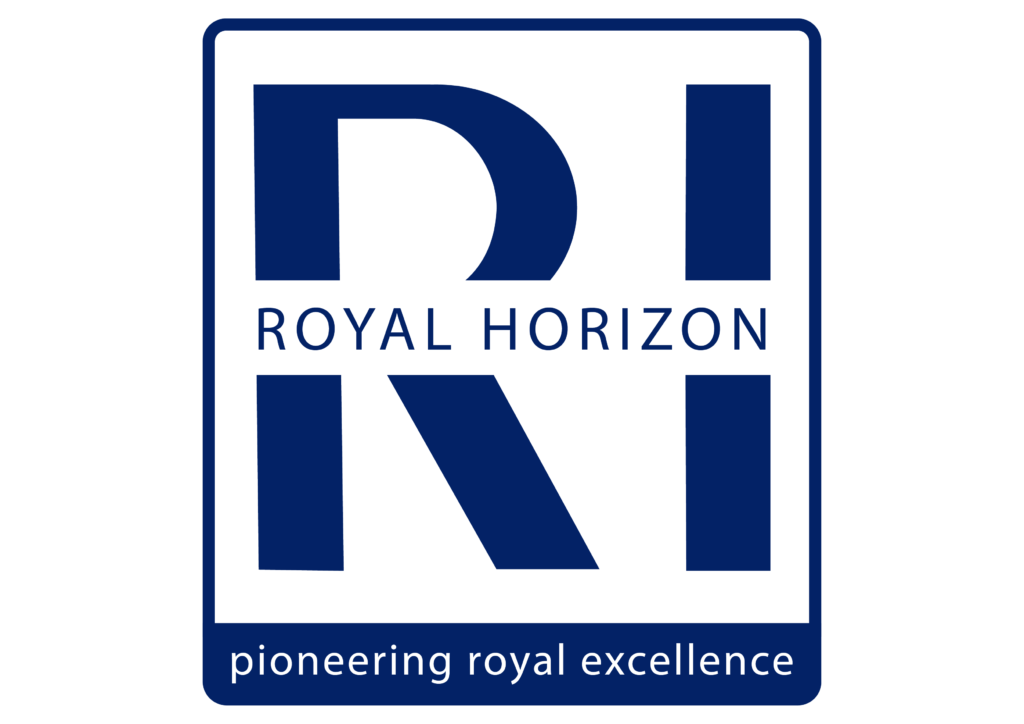Renewable Energy Solutions
Renewable energy solutions play a vital role in reducing greenhouse gas emissions, combating climate change, and transitioning to a sustainable future. By harnessing natural resources like sunlight, wind, water, and geothermal heat, these solutions provide clean, reliable, and eco-friendly alternatives to traditional fossil fuels. Below are some key renewable energy solutions:
1. Solar Energy
Solar power is one of the most popular and accessible renewable energy sources. Photovoltaic (PV) panels convert sunlight into electricity, while solar thermal systems capture heat for water heating or industrial applications. Key benefits include:
- Reduced energy bills
- Low environmental impact
- Scalable for residential, commercial, and industrial use
2. Wind Energy
Wind turbines convert kinetic energy from the wind into electricity. Wind energy is highly efficient and can be installed onshore or offshore. Benefits include:
- Zero carbon emissions during operation
- Significant energy generation in windy regions
- Low operating costs after installation
3. Hydropower
Hydropower uses the energy of flowing or falling water to generate electricity. This is a reliable and consistent energy source with the following advantages:
- High energy efficiency
- Ability to store energy through pumped storage systems
- Low operational costs
4. Geothermal Energy
Geothermal energy utilizes heat from beneath the Earth’s surface for electricity generation and direct heating applications. Benefits include:
- Constant and reliable energy supply
- Minimal land footprint
- Low emissions compared to fossil fuels
5. Biomass Energy
Biomass involves using organic materials like agricultural waste, wood, and crops to produce energy. It can be converted into biofuels, biogas, or burned directly for heat and power. Advantages include:
- Utilization of waste materials
- Carbon-neutral when sourced sustainably
- Versatile applications
6. Tidal and Wave Energy
Marine energy harnesses the power of ocean tides and waves to generate electricity. Though still in the early stages of development, it has the potential to provide:
- Predictable and consistent energy output
- Minimal environmental impact
- Long-term energy sustainability
Advantages of Renewable Energy
- Environmental Benefits: Reduced carbon footprint and air pollution.
- Energy Independence: Decreased reliance on imported fossil fuels.
- Economic Growth: Job creation in clean energy industries.
- Sustainability: Infinite availability of resources like sunlight and wind.
Challenges and Solutions
While renewable energy offers numerous benefits, challenges such as high initial costs, intermittency, and infrastructure requirements remain. Innovations in energy storage, grid modernization, and government incentives are paving the way for widespread adoption.
Conclusion
Investing in renewable energy solutions is essential for a sustainable and resilient future. As technology advances and costs decrease, renewable energy will continue to play a central role in powering homes, businesses, and entire economies. Transitioning to renewables not only benefits the planet but also fosters economic growth and energy security for generations to come.
